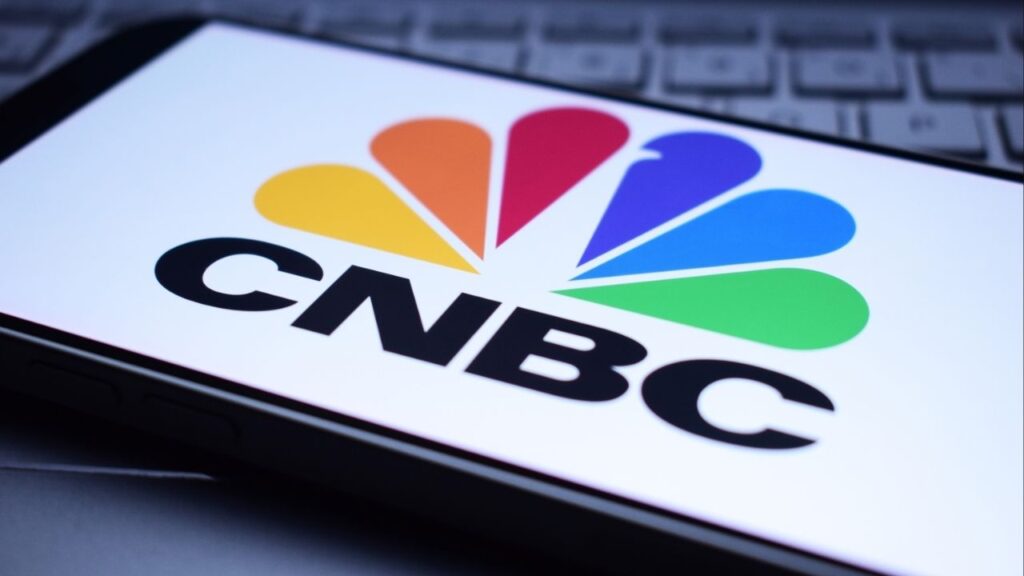Share
SACRAMENTO — Dialysis companies have contributed an extraordinary $111 million and counting to defeat a California ballot initiative that would cap their profits, the most any one side has spent on a U.S. ballot issue since at least 2002.
When corporate profits are at stake, campaign spending often balloons, said Kati Phillips of California Common Cause, which advocates campaign finance reform.
“Health care measures are expensive,” she said. “There’s a lot of money to be made off of sick people.”
Dialysis companies make roughly $3 billion in annual profits from their California operations, according to nonpartisan Legislative Analyst’s Office.
For weeks, anti-Proposition 8 ads have blanketed the California airwaves and feature dialysis patients saying passage could lead to clinic closures that endanger their lives. Dialysis providers say the measure is actually a tactic to pressure the companies to let workers unionize.
Spending What Is Necessary to Protect Patients
“We will spend what is necessary to protect patients from this dangerous and irresponsible ballot measure,” said Kathy Fairbanks, spokeswoman for the anti-Proposition 8 campaign.
The campaign supporting the measure, led by the Service Employees International Union-United Healthcare Workers West, has raised $18 million. Supporters say passage will ensure dialysis companies put patients before profits.
An Associated Press analysis found the campaign to defeat Proposition 8 is the most expensive effort on one side of a ballot measure anywhere in the country since the 2002 election, the earliest cycle for which data is available online. The AP reviewed California campaign finance records filed with the secretary of state and data compiled by the nonprofits MapLight and National Institute on Money in Politics, the leading authorities on ballot measure spending.
Data from the National Institute on Money in Politics shows the most costly ballot measures in the country are in California, the nation’s most populous state where reaching voters through political ads is very expensive.
The state keeps paper records prior to the 2002 election cycle in its archives. The secretary of state’s office doesn’t have reports on which campaigns were most expensive prior to that cycle, spokesman Sam Mahood said. Because of inflation, it’s unlikely any surpassed $111 million.
Largest for-Profit Dialysis Providers in California
The largest for-profit dialysis providers in California — Fresenius, headquartered in Germany, and Denver-based DaVita Inc. — joined forces to fund the bulk of the No on 8 campaign. Many ads feature dialysis patients saying the measure endangers them.
Dialysis machines filter patients’ blood for toxins, essentially performing kidney functions outside the body. Patients typically undergo hours-long treatments three times a week.
Proposition 8 restricts dialysis clinics from charging patients more than 115 percent of what providers spend on patient care and quality improvement. If clinics exceed that limit, they’ll have to provide rebates or pay penalties.
The law doesn’t spell out exactly which expenses will count toward the limit. Dialysis clinics say critical management expenses will be counted as profits, which would bankrupt clinics.
SEIU-United Healthcare Workers West also is using dialysis patients to push their effort, including an ad where patient Robert Costa complains about conditions at a clinic where he says there’s urine on the floor and cockroaches.
“They just care about the money. They don’t care about the patients,” he said.
RELATED TOPICS:
Categories



















